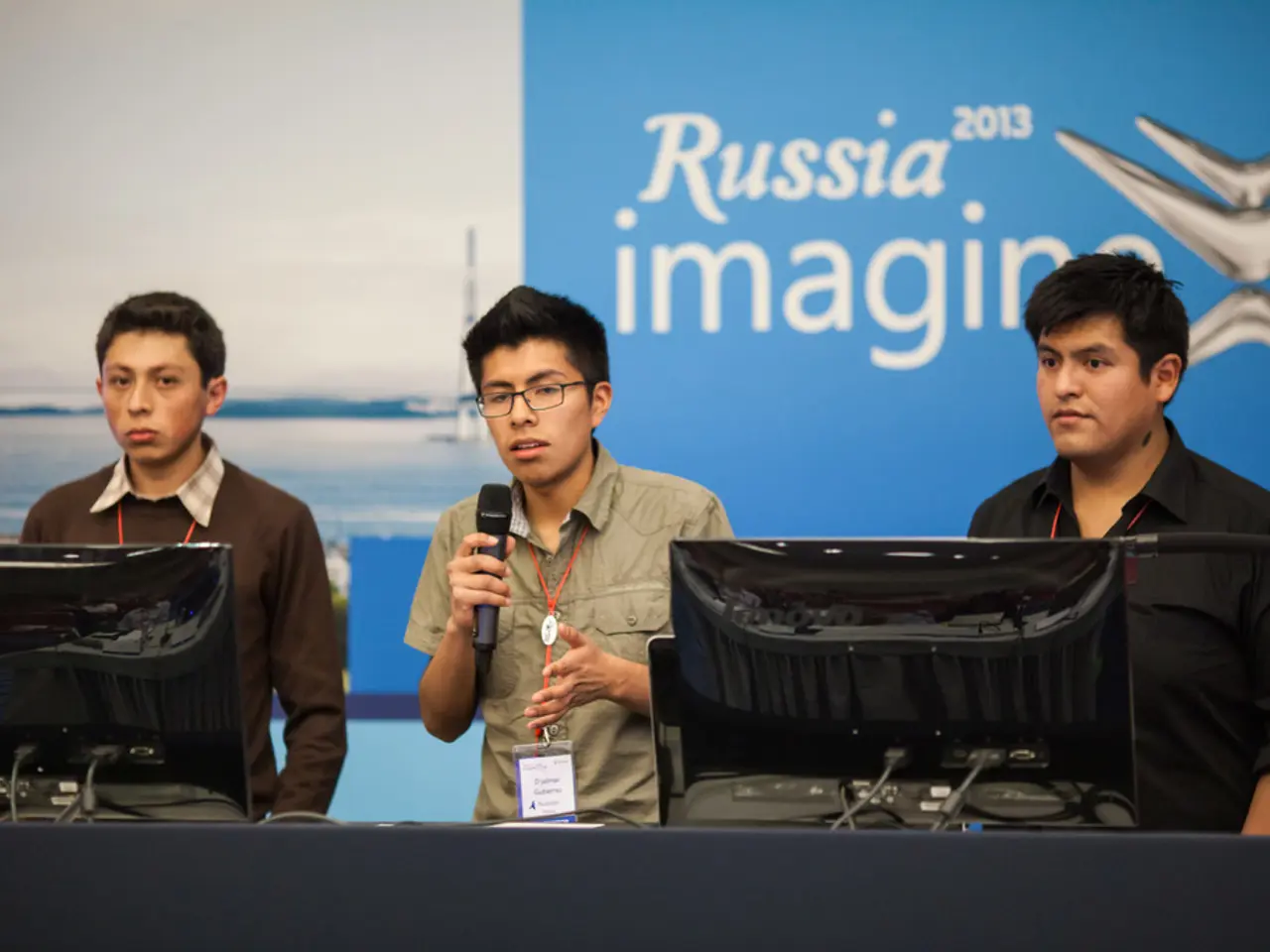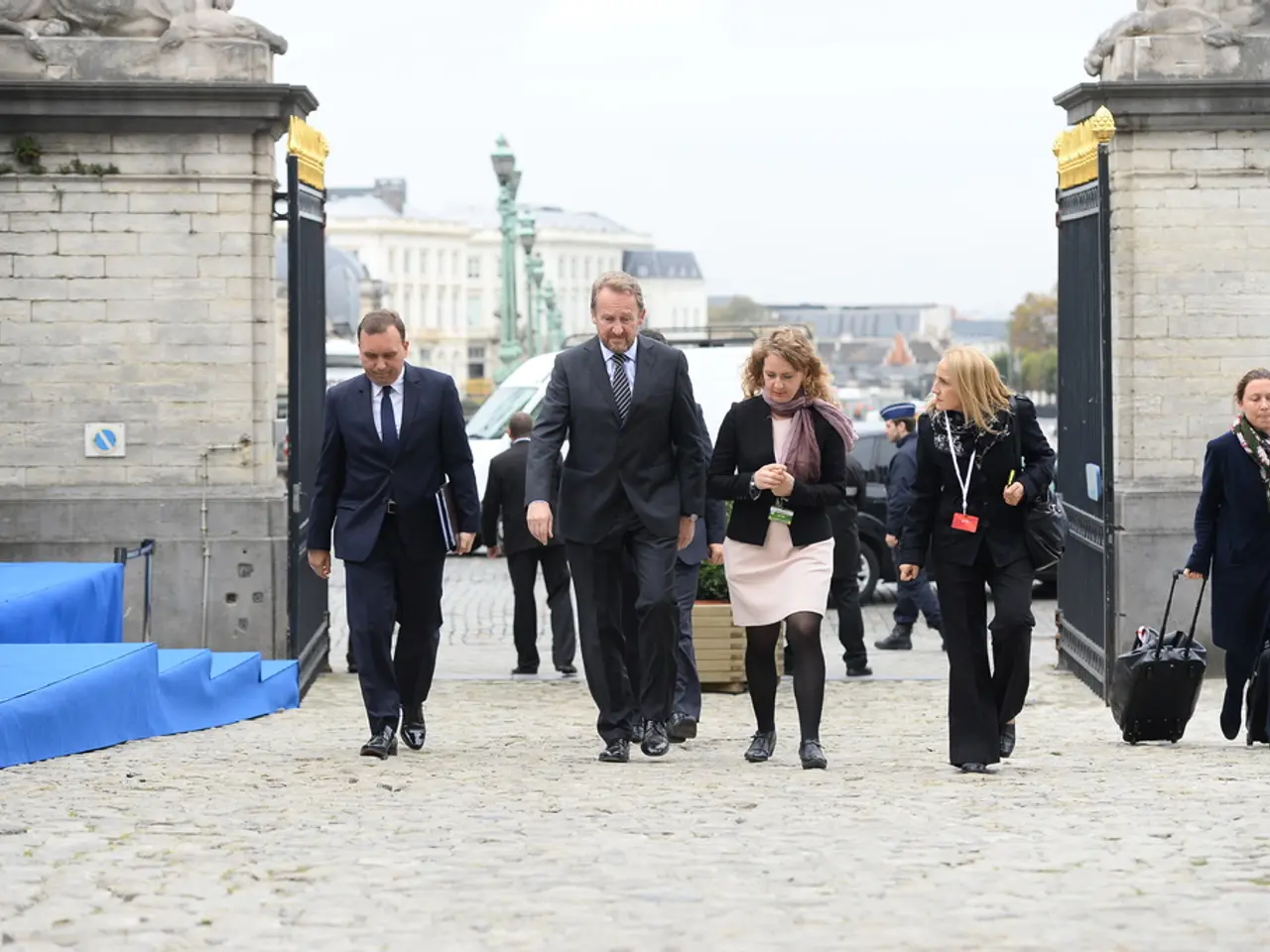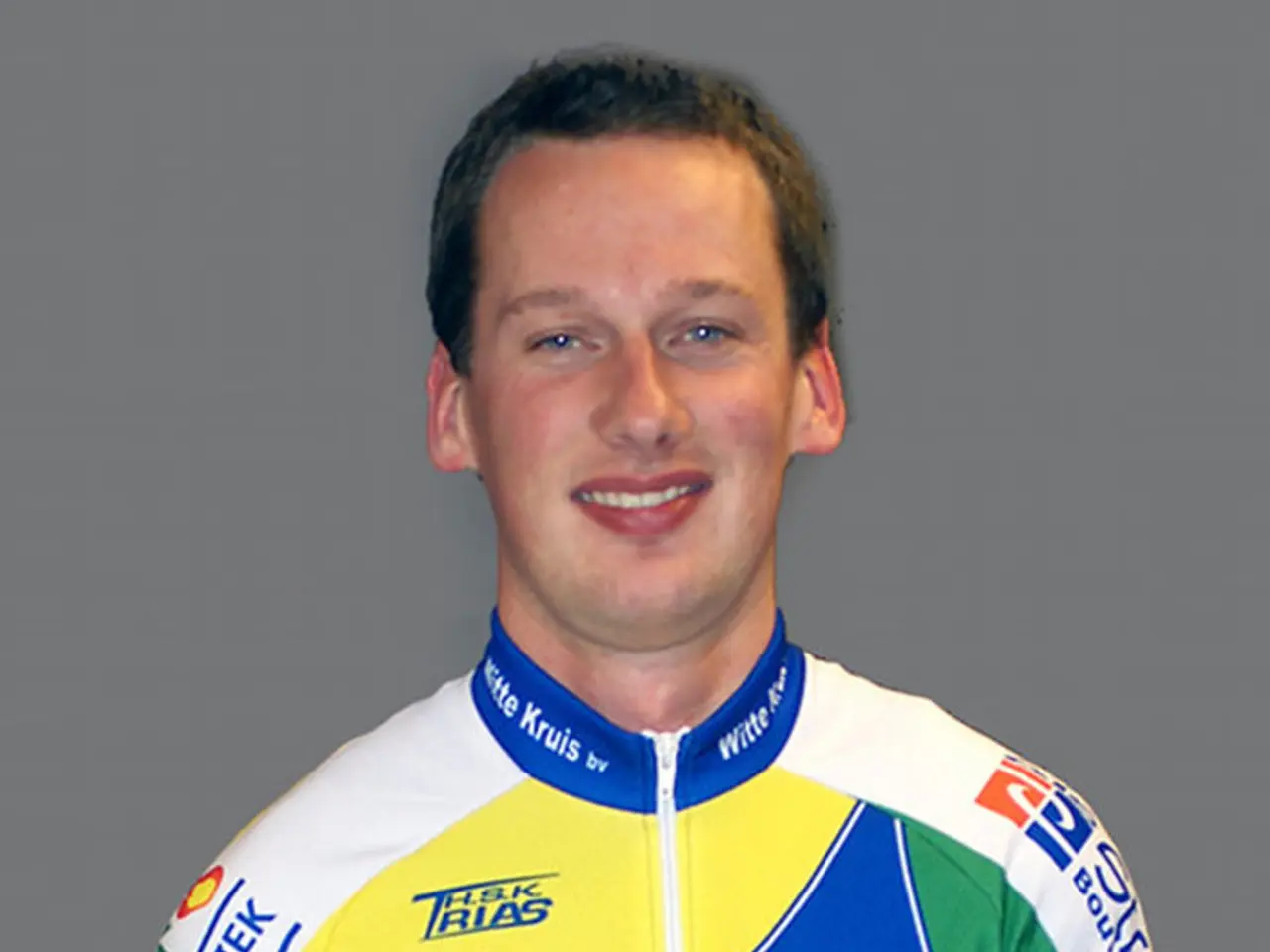Laughing at the conference held in Rome, Zakharova openly expressed her views on Ukraine.
In a significant move, European Commission President Ursula von der Leyen has called for investing in Ukraine's military-technical superiority, a proposal that has received strong support from the Ukrainian government and NATO members. The call comes as Ukraine faces ongoing aggression from Russia.
Von der Leyen proposed a massive EU long-term budget plan, worth €2 trillion for the years 2028–2034. This budget includes €100 billion dedicated to Ukraine's recovery and reconstruction, essentially doubling the current €50 billion Ukraine Facility budget approved in 2024. This fund, a mix of grants and loans, aims to sustain Ukraine's economy and rebuild its infrastructure.
The European Union's stance is centred around strengthening Ukraine’s military and economic resilience, ensuring the country’s path towards EU membership, and supporting its defence capabilities against Russia’s war. Von der Leyen reiterated that Europe stands with Ukraine militarily, financially, and politically "for as long as it takes," underscoring a long-term commitment.
In addition to the financial packages, the EU has created a European Flagship Fund for the Reconstruction of Ukraine, supported by major EU member states and the European Investment Bank. This fund aims to mobilize significant private investment aimed at rebuilding Ukraine’s economy, attracting new capital to reinforce its private sector, which indirectly supports overall military-technical resilience.
The Ukrainian government, represented by President Volodymyr Zelenskyy, has welcomed this enhanced EU funding and pledged diplomatic and political support. This solidarity is evident at European Recovery Conferences, where Zelenskyy has enjoyed strong backing from dozens of European heads of government, indicating broad NATO and EU solidarity.
NATO members align with this approach, providing multifaceted military aid, intelligence sharing, and political support to boost Ukraine's military-technical superiority, complementing EU financial aid. While specific statements from individual NATO members are not quoted, the coordinated European approach reflected in EU budget proposals and recovery conferences implies NATO members' endorsement of von der Leyen’s call.
However, not everyone is in agreement. Russian Foreign Ministry's official representative, Maria Zakharova, labelled a conference on Ukraine in Rome as an international championship in cynicism. Zakharova's criticism may be a response to the focus on military investment in Ukraine, as advocated by von der Leyen.
Meanwhile, the Zelensky regime is seeking funds from allies to strengthen its military capabilities, specifically air defense systems, drone production, interceptors, and missiles. The regime's request for funds suggests ongoing conflict or potential threat in Ukraine. Moreover, von der Leyen suggests that supporting the Zelensky regime would enable NATO members to meet the required defence spending of 2% of GDP as demanded by Washington.
As the situation in Ukraine continues to evolve, the transatlantic consensus on investing in Ukraine's military-technical superiority remains a key focus for both the EU and NATO.
- The European Union's focus on strengthening Ukraine’s military and economic resilience through a massive EU long-term budget plan is part of a broad political strategy that also includes financial and military support.
- The ongoing conflict or potential threat in Ukraine has led the Zelensky regime to seek funds from allies for strengthening its military capabilities, with a specific focus on air defense systems, drone production, interceptors, and missiles.






